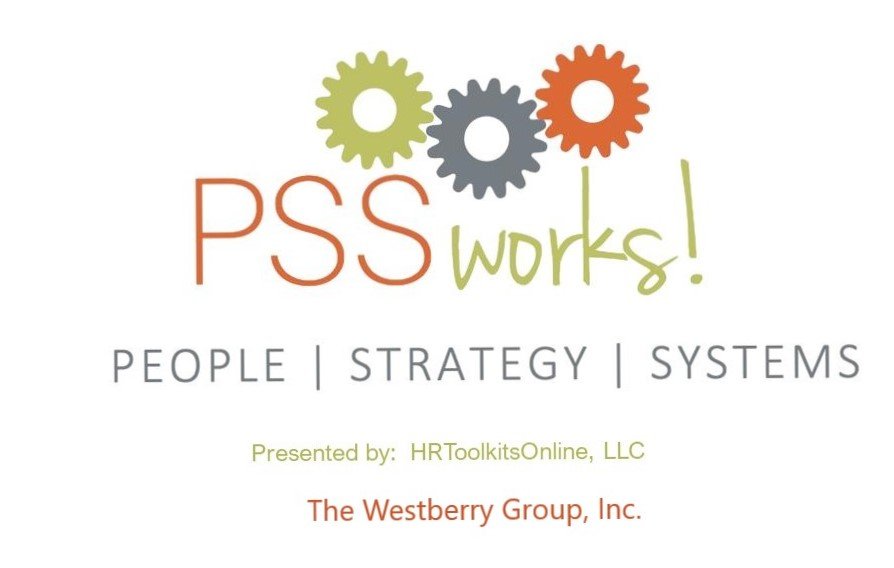The Fundamentals of a Mandatory Vaccination Policy
Last week our HR Question of the Week was: “My company is going to be mandating vaccinations before employees return to the workplace. Do I need a Vaccination Policy and what do I need to know before I start writing one?”.
This question brought us a lot of comments and some additional questions about the employer’s right to mandate vaccinations for returning. According to the Dept. of Labor and the Equal Employment Opportunity Commission (EEOC) the short answer is yes. Employers may legally mandate that their returning employees be vaccinated. In fact, just this week the Supreme Court refused to hear a case about employers mandatory vaccination policy stating that the lower courts have issued decisions in favor of employers’ right to mandate that the employees be vaccinated before returning to on-site work.
For information about the EEOC's vaccination guidance, you can download our free Reference Guide , “K. Section-Vaccinations” of the EEOC’s publication, “What You Should Know About Covid-19 And The ADA, The Rehabilitation Act, And Other EEO Laws.”
If your company is planning to mandate COVID19 vaccinations for employees returning to the workplace, here are eight fundamental items all Mandatory Vaccination Policy and Procedures should include:
The policy should clearly identify the scope of the policy and which employees it applies to. If the COVID-19 vaccination will be mandated only for certain job categories but not others, be certain the policy clearly lists the affected jobs by title and/or department.
The policy should include the company’s rationale for making vaccinations mandatory. If your vaccination mandate applies to only specific jobs and/or departments, the policy should clearly list the reasons behind the company’s decisions.
The policy must clearly identify the deadline by which employees must receive all vaccination doses. Please keep in mind the impact that the vaccination deadline may have on staffing due to the ability to schedule vaccination appointments and time that may be needed due to adverse reactions to the shots. Also keep in mind that the U.S. Department of Health and Human Services (HHS) and the Center for Disease Control (CDC) have announced the need for booster vaccines, which will not be available to the public until September, 2021. Your policy should include a statement indicating if they will be required and list a deadline for completion.
Most companies expect employees to receive vaccines through third parties such as their physician, local pharmacy, or public health sites in the community. The company should be prepared to provide their employees with information about where the vaccinations are available. If the company will be making the vaccine available to employees at their company location, the policy should list dates when vaccines will be available and where.
The policy should clearly communicate that the time spent becoming vaccinated is compensable, including, the time an employee spends waiting for and receiving medical attention during the employee's normal work hours.
The policy should clearly identify how employees will be required to demonstrate proof of their immunization.
The policy must set forth the process by which employees can request an exemption or other accommodation if the employee declines the vaccination due to a qualifying medical condition or a sincerely held religious belief.
The policy should list the potential consequences for anyone who fails to receive the vaccine and does not obtain an approved exemption by the stated deadline.
As with all policies, much thought and preparation should go into creating your company’s Mandatory Vaccination Policy before announcing it to your employees. Once a policy is published, companies are expected to uphold it, and it is very difficult to make changes and/or rescind the decision.
While more companies are deciding to make COVID19 vaccinations mandatory for returning workers, many companies continue to express that the choice to become vaccinated is a decision better left to the employee.
Our HR Question of the Week: “My company is not going to be mandating vaccinations for returning employees. Do I need an Optional or Permissive Vaccination Policy?”
Next week we’ll talk about what you need to know before you begin drafting your own Optional Vaccination Policy.

